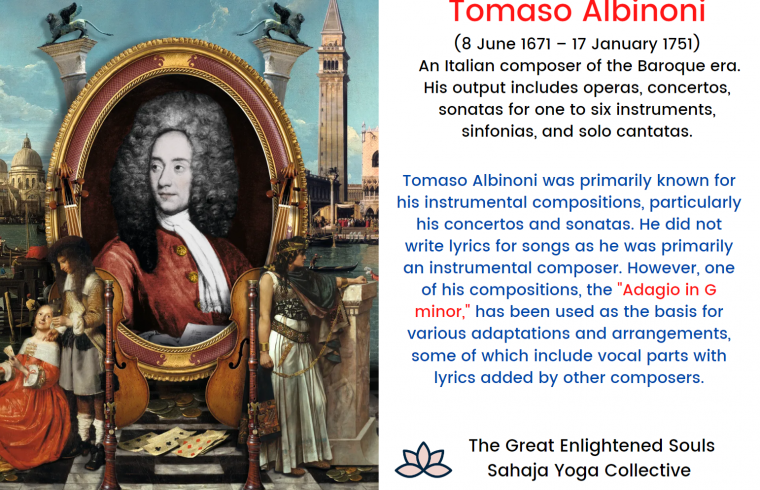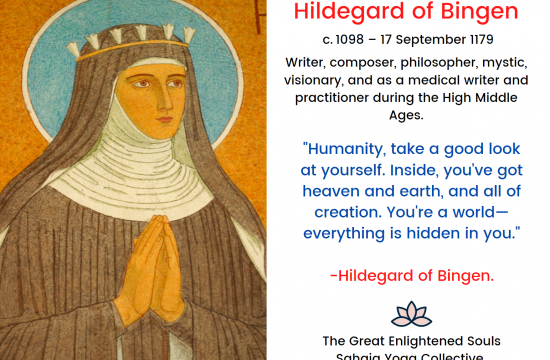Tomaso Albinoni was an Italian Baroque composer born on June 8, 1671, in Venice, Italy. He hailed from a wealthy family and received a comprehensive education, which likely included music training. Although he initially pursued a career in law, his passion for music led him to become one of the most prominent composers of his time.
Albinoni’s musical style was characterized by his mastery of the concerto form, particularly for string instruments. He composed numerous works for solo instruments, chamber ensembles, and orchestras, with his concertos being widely admired for their expressive melodies and innovative structures.
One of Albinoni’s most famous compositions is his Adagio in G minor, although its authorship has been debated over the years. Regardless, this hauntingly beautiful piece has become synonymous with Albinoni’s name and remains a staple of classical music repertoire.
In addition to his instrumental compositions, Albinoni also composed several operas, though they have not enjoyed the same enduring popularity as his instrumental works. Despite this, his contributions to the development of Baroque music are significant, and his influence can be heard in the works of later composers.
Albinoni’s music fell out of favor after his death on January 17, 1751, but experienced a resurgence in the 20th century with increased interest in Baroque music. Today, his compositions continue to be celebrated for their elegance, emotion, and technical brilliance, ensuring his legacy as one of the great composers of the Baroque era.



